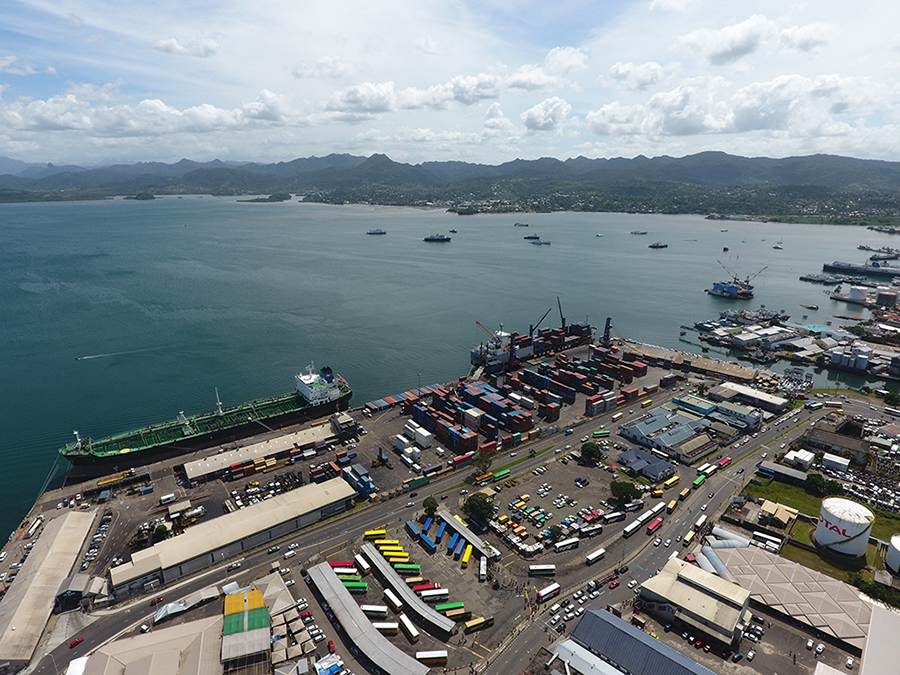Fiji has transitioned from being a transit point for transnational organised crime to becoming a destination, according to the newly released Fiji National Security and Defence Review.
Released this week, the report highlights several factors that have shifted Fiji’s status from a mere stopping point to a central hub in the drug trade. These include a compromised security sector, weak border controls, and the increasing affordability of drugs, such as those with additives like fentanyl.
Combined with profits from trafficking to high-demand destinations like Australia and New Zealand, this has allowed local criminal groups to thrive “seeking profits through domestic sales in addition to trafficking and protection fees”, putting more pressure on Fiji’s already weak security infrastructure.
According to the report, the profitability of drugs is so high that even if only 10 per cent reaches its primary destination, it generates enough profit. This means that the “remaining 90 per cent could leak out at the transit points”, including Fiji, fueling growing local demand, and the involvement of youth and vulnerable groups in the trade.
The report also highlights issues within Fiji’s security agencies, including low morale and inadequate pay, which make it easier for criminals to bribe officials. Stretched manpower and insufficient resources hinder the monitoring of illegal activities at the border.
The report also raises concerns about the increase in human trafficking particularly from South Asia, highlighting interference with the Department of Immigration, including requests for expedited visa processing outside due process. This, along with a lack of information sharing among government agencies and with regional and international partners further weakens border security.
It also highlighted the potential for weapons smuggling. While no cases of weapons trafficking have been detected, the review notes that “international criminal syndicates usually also smuggle weapons to protect their illegal business activity,” posing another danger to Fiji’s national security.
The government is being urged to address these issues by strengthening border security, improving customs and immigration processes, and promoting increased international cooperation. The report also recognises a greater role for faith-based organisations and youth support groups in reducing social harm, helping addicts transition away from drugs, and supporting prevention efforts.
Photo: File









